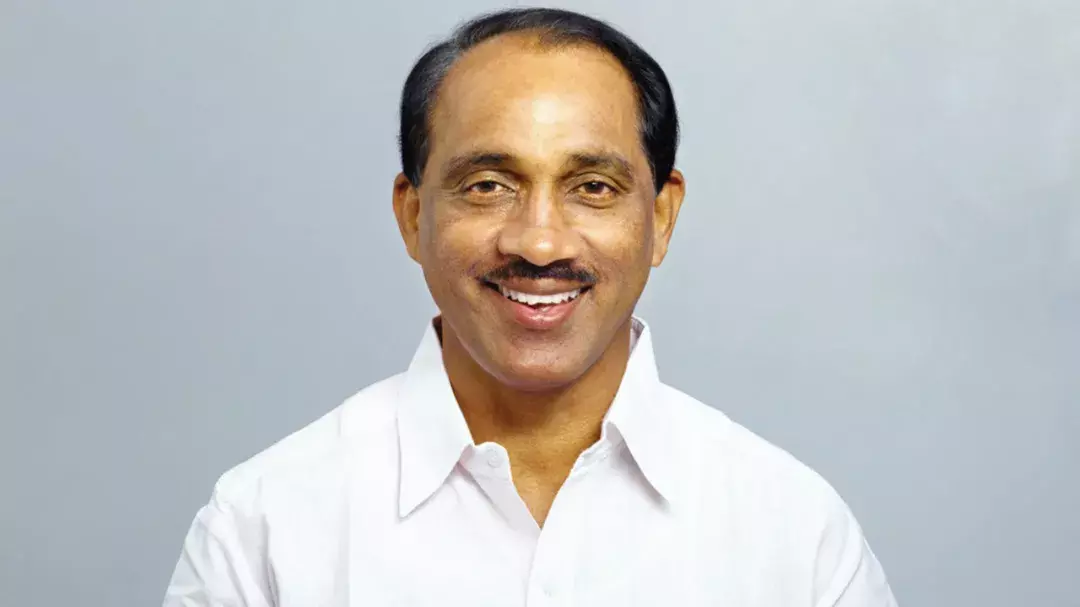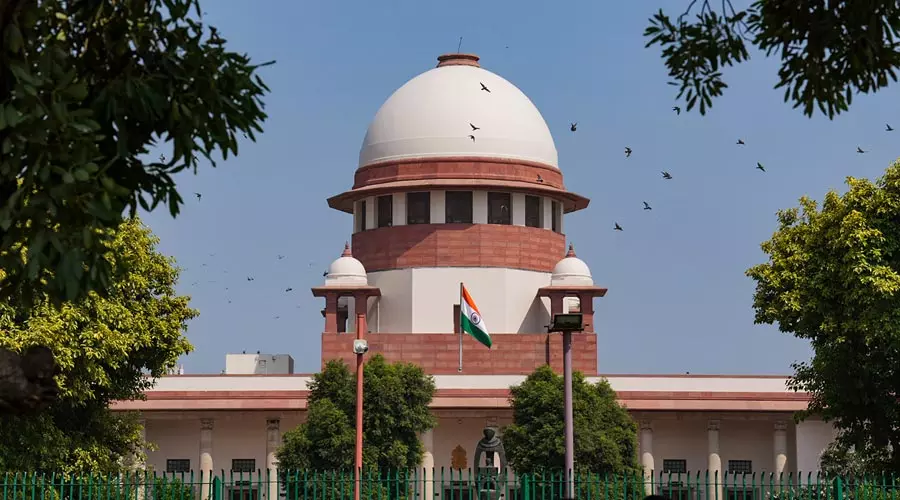
SC slams UP Police for turning civil disputes into criminal cases
text_fieldsNew Delhi: The Supreme Court on Monday criticized the Uttar Pradesh Police for consistently converting civil disputes into criminal cases, calling the practice "absurd" and a "complete breakdown" of the rule of law. While hearing a case related to cheating, the Court pointed out that failing to return money does not constitute a criminal offense, highlighting the issue as a recurring problem in Uttar Pradesh.
"This is something strange happening day in and day out in UP. A case of merely giving money and not returning it is not a criminal offense. This is absolutely no case. This is a breakdown of the rule of law," the Supreme Court remarked.
This marks the second time in four months that the Supreme Court has raised concerns about the increasing trend of civil disputes being transformed into criminal cases in the state.
The case under review involved allegations of cheating, with the police filing a criminal case against the accused. The Court emphasized that civil disputes, which generally involve compensation or remedies between individuals or organizations, should not be treated as criminal offenses, which involve legal violations and potential punishment.
The Court also reprimanded the investigating officer, warning that they could face proceedings. "This is absurdity... I will ask the investigating officer to stand in the witness box and record his pre-summoning evidence. I will haul up and begin proceedings against the IO," the Court stated while staying trial court proceedings in the case.
Back in December, the Court had instructed the UP Police chief to curb the routine conversion of civil disputes into criminal cases and to prevent harassment of civilians. The Court further warned that if the practice continued, it would pass orders that the police chief would "remember his whole life."
These strong remarks were made while the Court was hearing an anticipatory bail plea filed by an individual who was facing criminal charges over various land disputes.






















